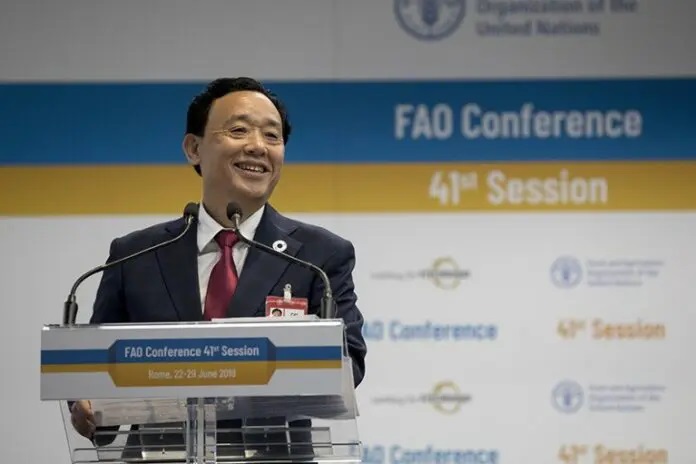The Food and Agriculture Organisation (FAO) has welcomed a $34.4 million contribution from the Government of Japan to deliver a wide range of assistance to improve the food security and nutrition of people in emergency settings, including internally displaced people, refugees and others affected by insecurity and natural hazards.
The contribution, according to FAO, “will fund 17 country and regional projects; including four in the Near East and North Africa (Lebanon, Palestine, Türkiye and Yemen); six in sub-Saharan Africa (Ethiopia, Ghana, Malawi, Namibia, Somalia and a multicountry project aimed at mitigating the impact of drought for the most vulnerable pastoral and agropastoral communities in Djibouti, Ethiopia, Kenya, Somalia and Uganda); four in Asia and Oceania (Afghanistan, Pakistan, the Philippines and Sri Lanka); and three in Europe (one in Republic of Moldova and two in Ukraine).”
Interventions range from emergency livelihood assistance to support conflict-affected communities in Ethiopia and Yemen as well as flood-affected communities in Pakistan; support to vulnerable herding populations in Afghanistan facing multiple climatic and economic shocks; recovery efforts in drought-affected East African contexts; support to fishers in Gaza, among various other initiatives, the FAO said in a statement on Thursday, April 6.
“We are grateful to the Government of Japan for this generous and time-critical contribution,” said Rein Paulsen, Director of FAO’s Office of Emergencies and Resilience.
“In countries prone to weather extremes, natural resource limitations and conflict, rural people’s capacities to cope with multiple threats are being increasingly stretched, undermining their agricultural productivity and exacerbating their acute food insecurity levels.
“This contribution will help us to keep agriculture-dependent families on their feet by meeting their immediate needs, reducing their vulnerability to shocks and stresses and to build resilient agrifood systems.”

